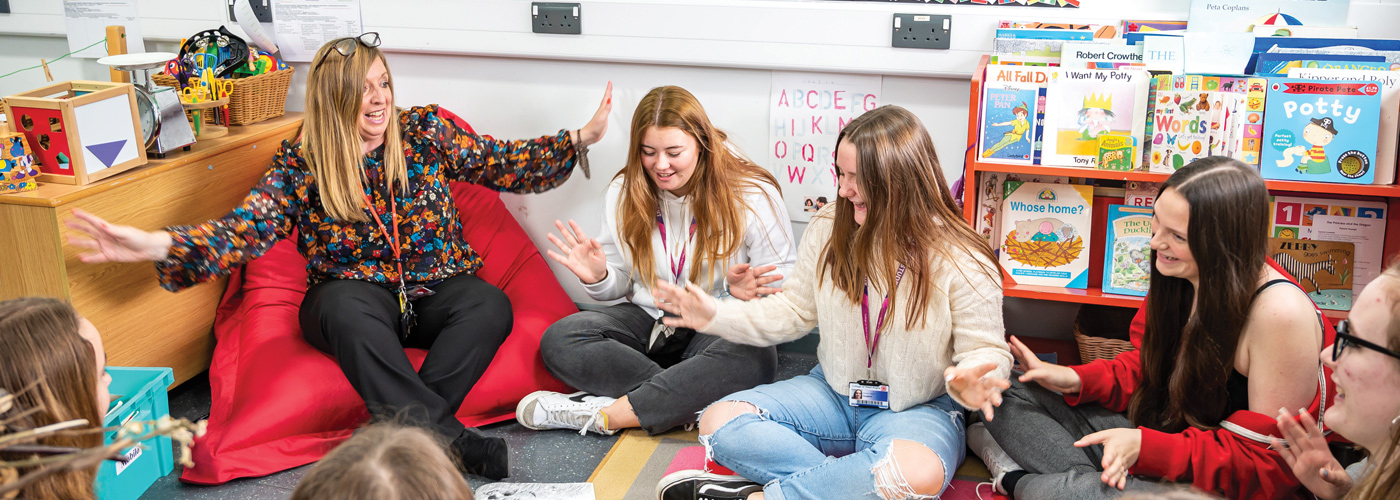If there ever was a time when you could leave learning behind when you walked through the school gates for the last time, it’s long gone.
These days most of us find that we’re asked to regularly update our skills and go on training courses. And we’re bombarded by information in every aspect of our lives – five times more every day than we absorbed in 1986.
But finding time for learning with all the other responsibilities of life is a challenge. It’s only natural to want to know that we’re studying efficiently. So, what are the best ways to ensure that the knowledge and skills stick with us?
Science has some of the answers. It turns out that psychologists know an increasing amount about the way we learn. We’ve turned their research into some simple rules to help make your learning more effective.

- Use spacing to ensure your learning sticks
At some point, almost all of us have had to cram for an exam. And researchers don’t deny that it can help you pass in the short term. But for learning that stays with you, it’s important to spread out your study over a long time, and to return to it often.
“Periodic review beats cramming hands-down,” says Daniel Wong, a writer and coach who helps young people improve their study skills. He says the research suggests recapping information plays a role in helping move it from short-term to long-term memory.
2. Quiz yourself for better recall
How should you spend your study time? Don’t just reread the same material over and over: instead, test yourself and try to recall it from memory. Then, review the information to see how you got on.
Even if you got it wrong, the effort of trying to retrieve it from memory will strengthen your recall next time, like working a muscle. “Testing not only measures knowledge but changes it,” psychologist Henry Roediger told the New York Times. “This is one of the most powerful learning tools we have.”
3. Mix up the content
Variety is the spice of life, and your brain likes to mix up its information diet too. Research has found that you’ll absorb new information and skills more effectively if you vary the content that you study.
In one experiment, researchers gave two groups of students’ maths problems. One group systematically worked through one type of problem before moving onto the next, while the other studied them in a jumbled order. When it came to a test, the group that learned using mixed problems outscored the others by 250%.
4. Change your location for a learning boost
Have you ever moved to a café to work and surprised yourself with how much a change of scene improves your productivity? The same is true when you’re trying to learn.
Psychologists asked two groups of college students to try to memorise a list of 40 words by studying it twice. The ones who studied in the same location recalled an average of 15.9 words. But those who used two different places remembered 24.4.
5. Connect new information to what you already know
Our brains are all about connections: we memorise things by building connections between neurons in our brain so they fire together. So it shouldn’t be too surprising that we remember new information better when we can find things that we already know which link to it.
“The more you can explain about the way your new learning relates to prior knowledge, the stronger your grasp of the new learning will be,” wrote Peter Brown, Henry Roedinger and Mark McDaniel in their book Make It Stick: The Science of Successful Learning.




